As a pet owner, it’s natural to be curious about what human foods are safe for cats to consume. One such food that may come to mind is dill. Dill is a popular herb known for its distinctive flavor and aroma, and it’s commonly used in many culinary dishes. But can cats eat dill? Let’s take a closer look.
Is Dill Safe for Cats to Eat?
The good news is that dill is generally safe for cats to consume. Dill is a plant, and while some plants can be toxic to cats, dill is not on the complete list of plants that are poisonous to felines.
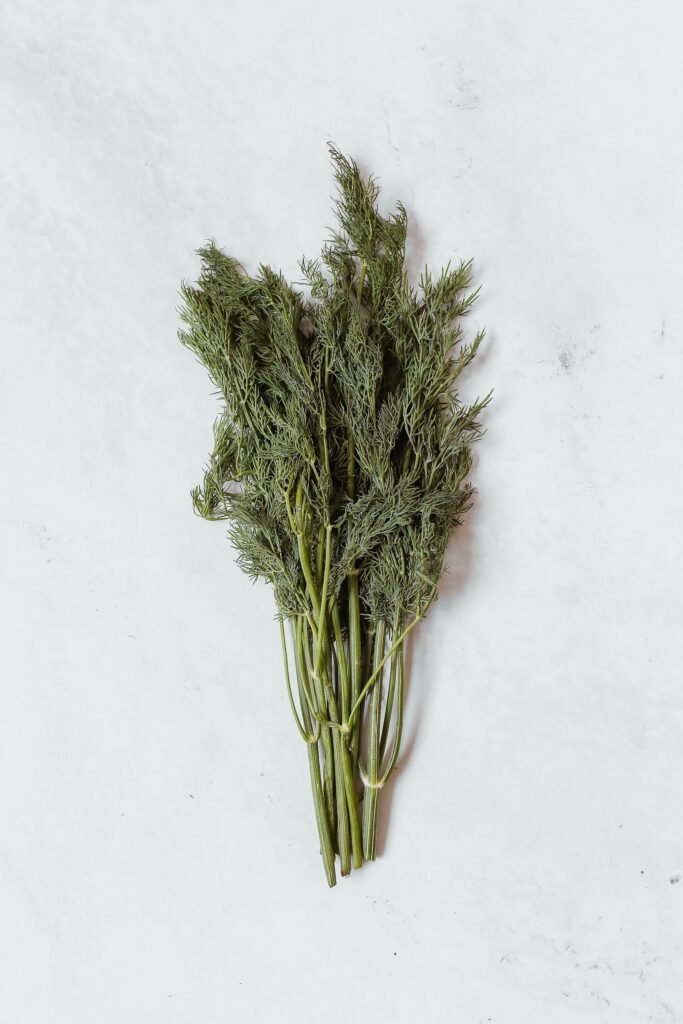
What Are The Benefits Of Dill For Cats (consumed in moderate amounts)
In fact, dill can provide some potential health benefits for cats. Dill has natural antimicrobial and antispasmodic properties that may help promote healthy digestion and reduce the risk of digestive issues like bloating, gas, and constipation. Dill also contains compounds that have anti-inflammatory properties that can help support the immune system.
Here are a few other potential benefits of dill for cats (in small amounts)
Digestive Health
Dill has natural antimicrobial and antispasmodic properties that may help promote healthy digestion and reduce the risk of digestive issues like bloating, gas, and constipation.
Anti-Inflammatory Properties
Dill contains compounds that have anti-inflammatory properties. Inflammation can be a contributing factor to many health issues, so reducing inflammation through diet can help support overall health.
Nutritional Content
Dill contains a range of vitamins and minerals, including vitamins A and C, calcium, and potassium. These nutrients can be beneficial for cats and support overall health.
Flavor
While taste preferences vary among cats, some cats may enjoy the taste of dill, which can make it a useful ingredient in encouraging them to eat certain foods.
It’s important to note that while dill is generally safe for cats, some cats may be allergic to the herb. Additionally, while the herb itself is safe, dill essential oil is not safe for cats and should not be used in any form.
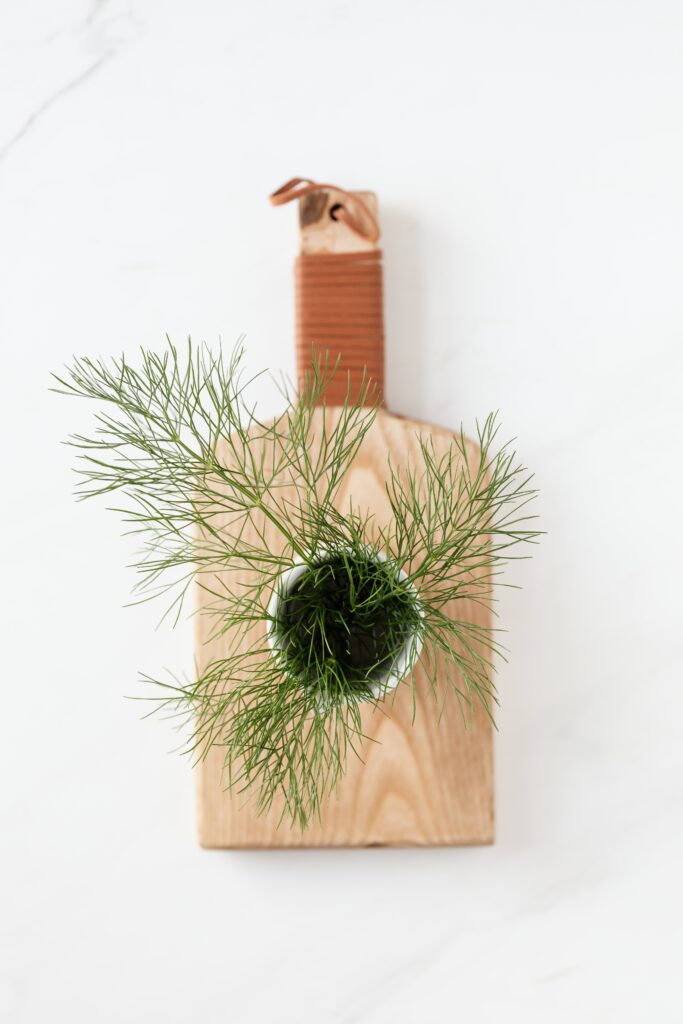
Do Cats Like Dill?
Cats have different taste preferences, so whether or not they like dill can vary from cat to cat. Some cats may enjoy the taste of dill and be attracted to it, while others may not show any interest in it at all.
Dill has a slightly sweet and tangy flavor that can be appealing to some cats. However, cats are primarily carnivores and may not be as drawn to plant-based flavors like dill as they are to the taste of meat.
It’s important to remember that just because a cat likes the taste of a certain food doesn’t mean it’s necessarily good for them. While dill is not toxic to cats and can be safe for them to consume in small amounts, excessive consumption can lead to digestive upset or other health issues.
Can Cats Eat Dill Pickles?
While cats can eat dill, dill pickles are a different story. Pickles are cucumbers that have been pickled in vinegar, salt, and other ingredients, which can be harmful to cats in large amounts. The high sodium content in pickles can lead to salt poisoning in cats, which can cause vomiting, diarrhea, and even death in severe cases.
What If My Cat Eats Pickles? Read More About That Here…
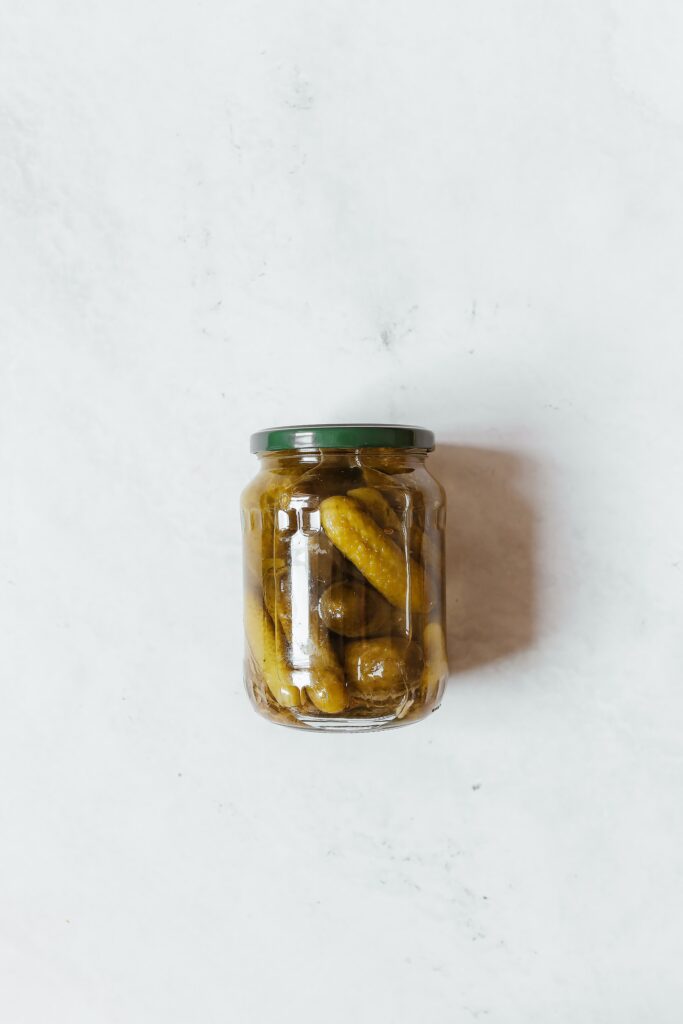
How to Incorporate Dill Into Your Cat’s Diet
If you want to introduce dill into your cat’s diet, there are a few ways to do so. One option is to add fresh or dried dill to your cat’s food as a seasoning. You can also mix dill into a homemade cat food recipe or use it as a garnish to entice your cat to eat their food.
It’s important to remember that while dill can provide some potential health benefits for cats, it should not be considered a cure-all. As with any new food, it’s best to introduce dill into your cat’s diet slowly and in moderation. If you have any concerns about your cat’s diet or health, it’s always best to consult with your veterinarian.
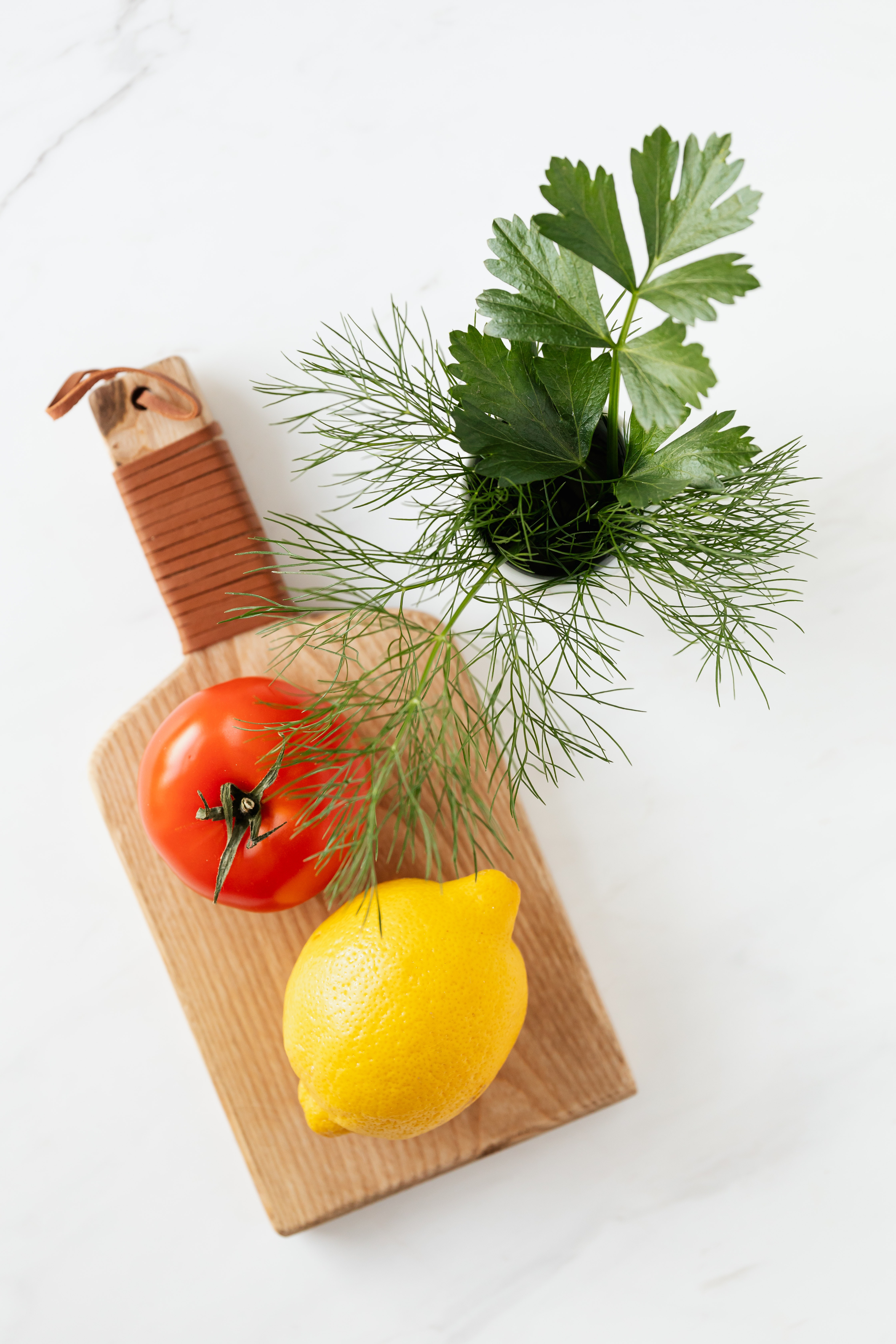
When Is Dill Bad for Cats?
Dill is generally not toxic to cats, but it can still cause some digestive issues and discomfort if ingested in large amounts. Some cats may also be allergic to dill or other plants in the same family, such as parsley, fennel, and cilantro, which could cause more severe reactions.
If a cat eats too much dill, it may experience mild symptoms such as vomiting, diarrhea, or stomach upset. These symptoms usually resolve on their own within a day or two. However, if a cat ingests a large amount of dill or shows more severe symptoms, such as difficulty breathing or swelling, it’s best to seek veterinary attention immediately.
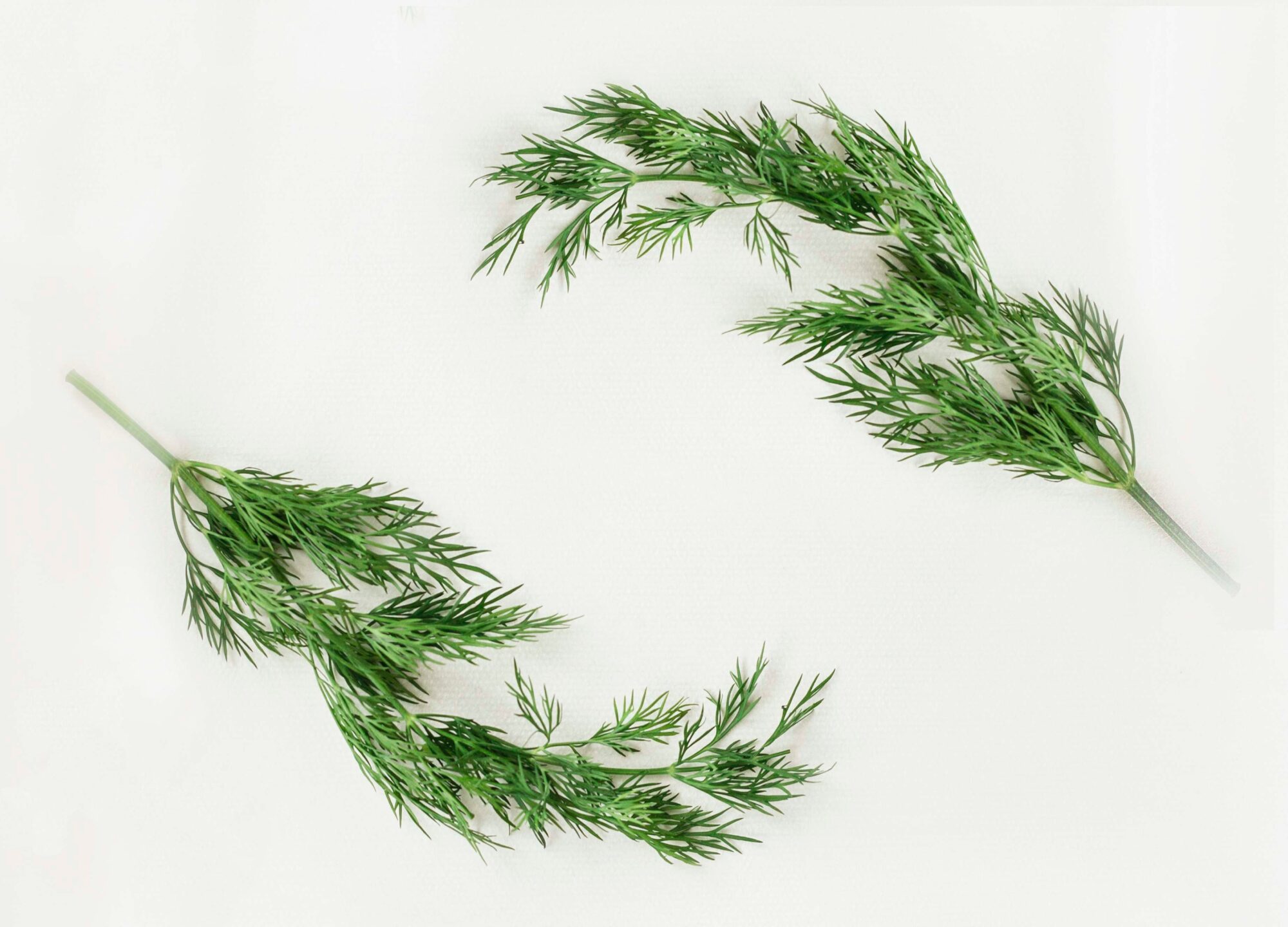
Pingback:Can Cats Eat Prawns? Read This Before Feeding Them - Pet Snacking
Pingback:Can Cats Have Papaya? Find Out If It's Safe - Pet Snacking